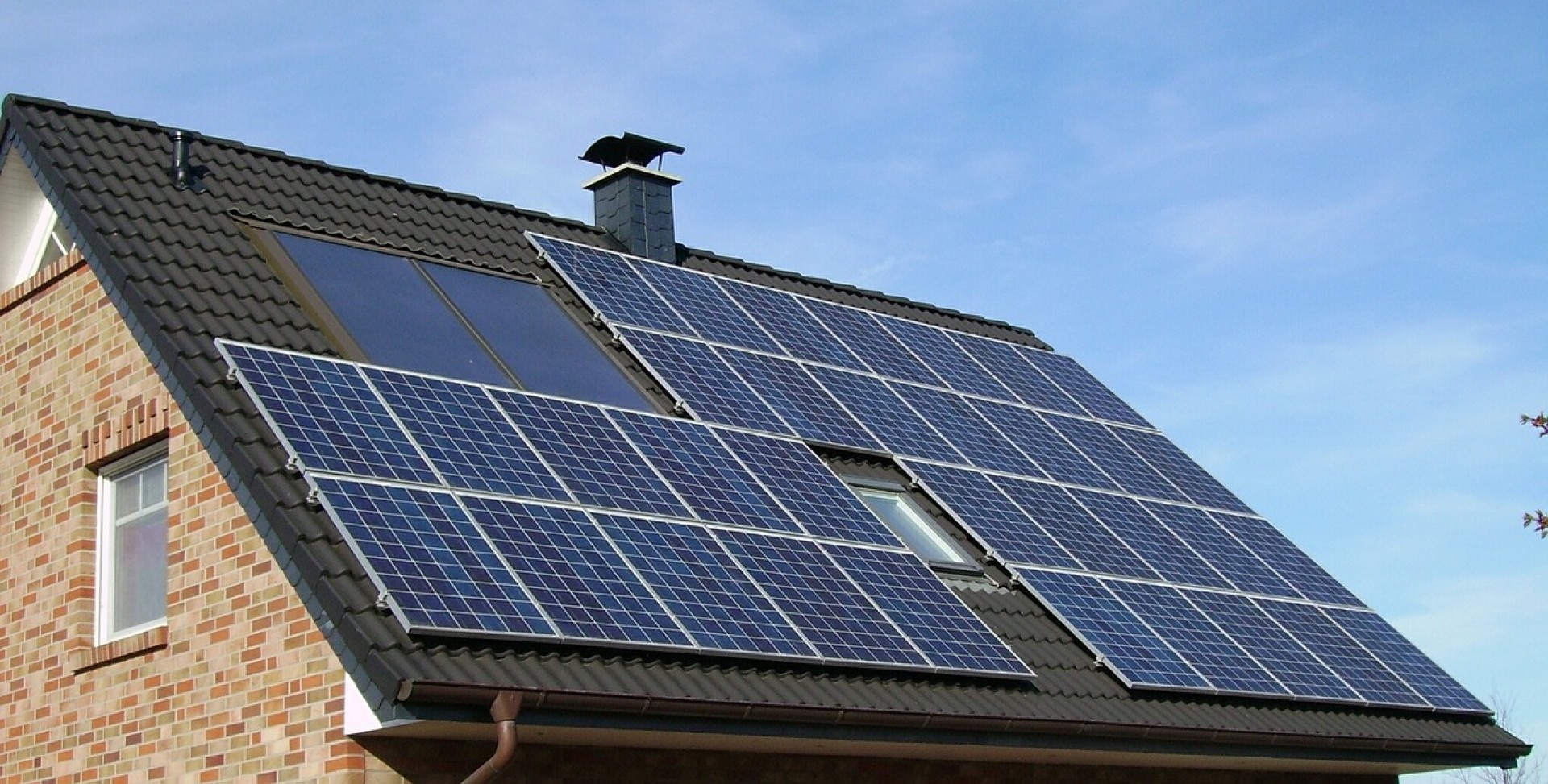
Is Solar the Right Choice?
Solar panels are typically seen as a great way to generate electricity and help the environment. Green minded people have and continue to praise and encourage their use.
Many places in the world are still using coal and other fossil fuel based systems to generate electricity. Reducing our dependence on coal and other non-green power production methods is something that we should all be working towards. Any time we can reduce the amount of electricity produced by burning fossil fuels, we’re moving the needle in the right direction.
Are solar panels always the right choice though?
Solar or Not?
There are two types of solar panel installations that make sense:
- The location has no access to electricity or the supply is unreliable. It’s important to note that this type of installation usually includes a system for storing the electricity, like lithium based batteries.
- The electricity that is produced by solar panels is offsetting and reducing electricity that is produced by burning fossil fuels.
Current Situation
In British Columbia we do not burn coal to produce electricity. 0% of our electricity comes from burning coal.
Using information from 2016 provided by the government of Canada (Natural Resources Canada); 97.9% of the electricity produced in British Columbia is done so using green and renewable methods. Another 2% of our electricity is created using carbon neutral methods. The last 0.1% of our electricity is produced from petroleum sources. It’s likely that remote locations that don’t have a reliable grid connection and don’t have any other viable green methods available make up that 0.1%.
Note: In a May 2018 report from BC Hydro, they report that they produce 98% clean energy, so the numbers seem to hold true.
Installing solar panels for the purpose of offsetting the use of coal or other fossil fuels to produce electricity just isn’t feasible or possible within British Columbia. Throwing solar panels on the roof of your home is not making the world a greener place. The absolute best possible scenario is that you’re not making any difference. The truth is that you’re making things worse.
Solar Panel Facts
Many solar panels contain conflict minerals. Sonnedix (advised by J.P. Morgan Asset Management) researched the conflict mineral use through an independent third-party. The study showed that only 7% of manufacturers had done their due diligence regarding conflict minerals.
Until 2010, the solar panel industry used more power than it produced. Much of the time, it’s dirty energy like coal sourced power that’s used to create solar panels. Even today, it can take several years of use before a solar panel produces enough electricity to offset the power used to create it.
There is NO system in Canada to recycle solar panels. Saying that they’ll last for a long time and we’ll figure it out when we need to isn’t good enough.
Conclusion
Once again, installing solar panels in a location in British Columbia that’s connected to the grid is a bad idea and bad for the environment.
Don’t get me wrong, solar makes sense in places where they’re offsetting electricity produced by non-green methods. In British Columbian that’s typically not the case.
If you have a location where it makes sense to install solar panels, do your research. Make sure that you’re using panels that were manufactured using green(er) methods. Check to see if any conflict minerals were used during the manufacturing process.
Further Reading
Darryl Schmidt
One of my interests is following technology trends and how they can be implemented in a way that benefits people. I do my best to be a community builder and this website is an example of that 🙂
All comments are my own and may not reflect the opinions of the rest of humanity. I’m trying not to be mean so cut me some slack.
My Blog Posts Visit My Website